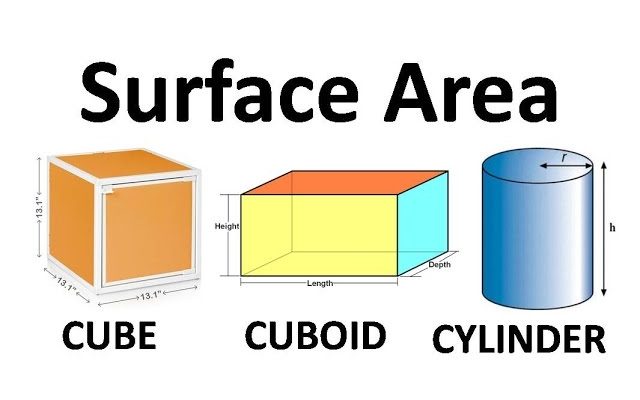How is ACT Score Calculated

The ACT (American College Testing) is a standardized test used by colleges and universities in the United States to assess a student’s readiness for college-level education. It measures a student’s knowledge and skills in four subject areas: English, Math, Reading, and Science. This article will explain the process of how the ACT score is calculated to help students understand the scoring system better.
1. Raw Scores:
The first step in calculating an ACT score is determining your raw scores for each subject area. Each of the four sections contains a different number of questions:
– English: 75 questions
– Math: 60 questions
– Reading: 40 questions
– Science: 40 questions
Your raw score for a section is simply the number of questions you answered correctly. There is no penalty for incorrect answers, so it’s in your best interest to make an educated guess for any question you’re unsure of.
2. Converting Raw Scores to Scaled Scores:
Next, your raw scores are converted to scaled scores on a scale of 1-36. This conversion process accounts for slight variations in difficulty between different test forms, ensuring that test-takers are not unfairly penalized or rewarded for taking an easier or more difficult exam. The conversion table used to determine scaled scores is created using statistical analysis and equating methods.
The College Board periodically updates these conversion tables based on recent test data. However, as a general rule, higher raw scores will always correspond to higher scaled scores.
3. Composite Score:
After obtaining your scaled scores for each section, they are averaged together to calculate your composite score—this value is rounded up or down to the nearest whole number if necessary. The composite score ranges from 1 to 36 and represents your overall performance on the entire exam.
For example, if you scored 30 in English, 28 in Math, 32 in Reading, and 27 in Science, your composite score would be: (30 + 28 + 32 + 27) ÷ 4 = 29.25. Since the composite score is always rounded to a whole number, your final composite score would be 29.
4. Optional Writing Test:
The ACT also offers an optional writing test that is scored separately. If you choose to take it, you’ll receive a writing score ranging from 2 to 12. This score is not factored into your composite score and does not affect your scaled scores for the other sections.
In conclusion, understanding how your ACT score is calculated can help relieve some of the anxiety around taking this important exam. By focusing on both subject-specific preparation and test-taking strategies like time management and educated guessing, you’ll be well on your way towards achieving your desired ACT score.






